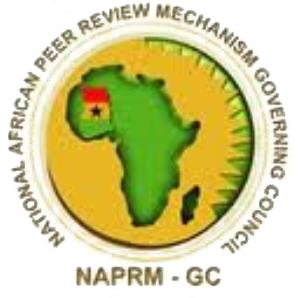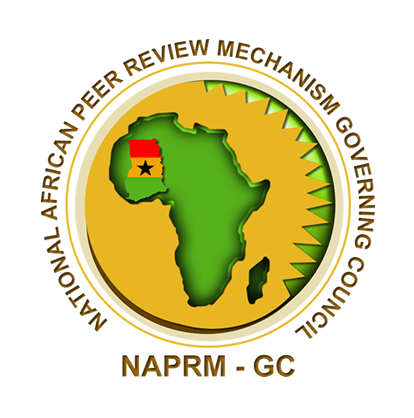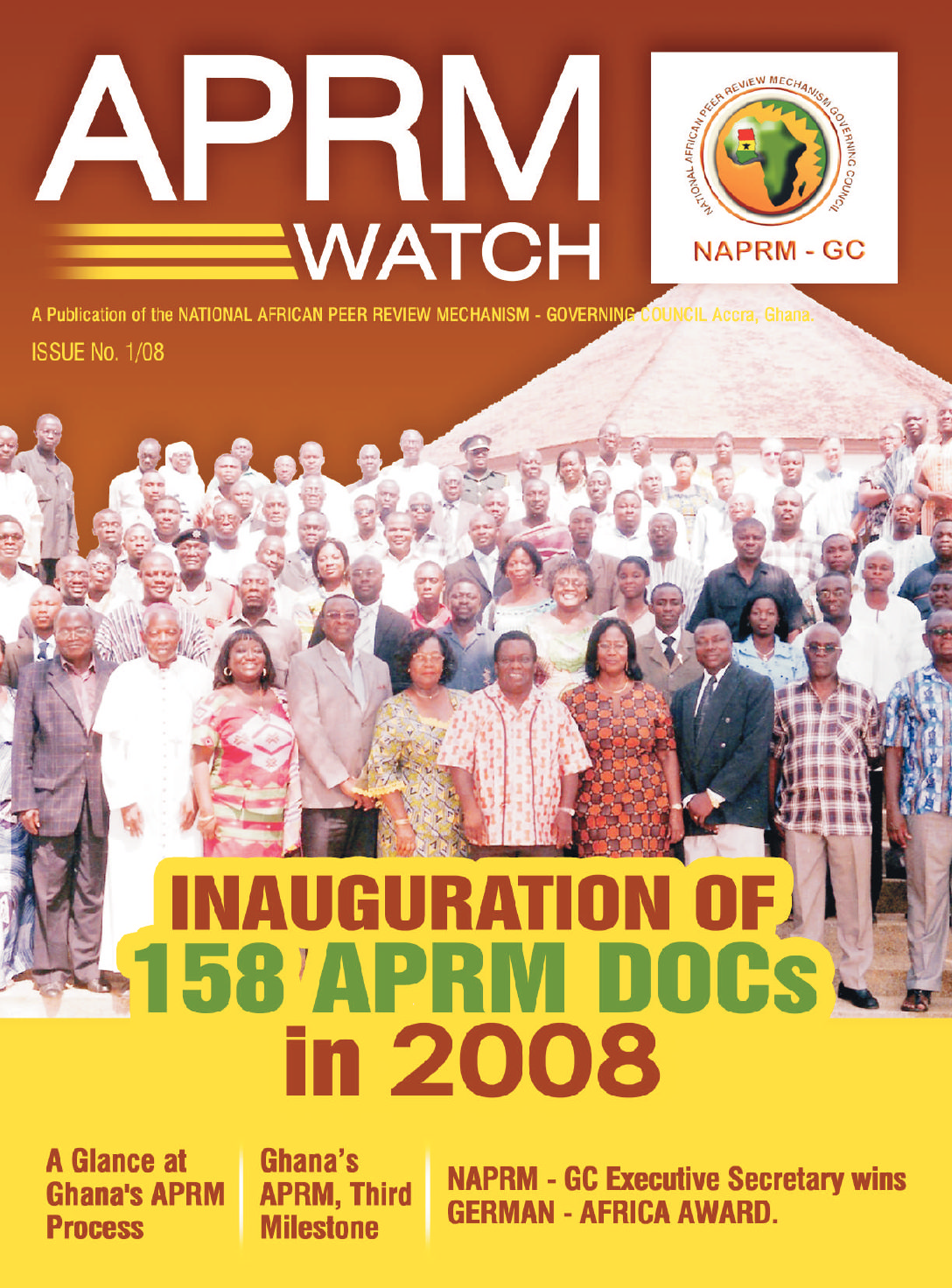Members of the Pan African Parliament, drawn from Ethiopia, Zimbabwe, Burkina Faso, Zambia, Botswana, Rwanda, Sudan, Djibouti and Ghana undertook a training programme on the Assessment and Policy Implementation of the African Peer Review Mechanism as well as the New Partnership for Africa’s Development (NEPAD) and the Millennium Development Goals. (MDGs)
The Parliamentary Centre in Accra organized the training from the 4th to the 8th of May 2009 with support from the African Development Bank and the National African Peer Review Mechanism Governing Council to build the capacity of members of the Pan-African Parliament; to increase their knowledge on the assessment and policy implementation of the APRM, NEPAD and the MDGs.
Presentations were made by Governance Institutions in Ghana, including the Centre for Democratic Development (CDD), the Institute for Social, Statistical and Economic Research (ISSER), the Private Enterprise Foundation (PEF) and the Ministry of Finance to strengthen the oversight and legislative roles of the parliamentarians.
The Executive Secretary of the National African Peer Review Mechanism Governing Council Secretariat, Dr. Francis Appiah, led the presentations with details of the origins of NEPAD and the APRM and the need to promote these initiatives to change the “unpleasant stories” about Africa. He said over the years, Africa had been confronted with bad governance, senseless coups, dictatorship, abuse of human rights and corruption among others.
By the turn of the 21st century, the need for a new governance regime in Africa to address the challenges of political legitimacy led to initiatives in the areas of governance and democracy and the adoption of the New Partnership for Africa’s Development (NEPAD) and subsequently the APRM.
Dr. Appiah explained that commitment to these initiatives saw the beginning of the journey to the New Africa where democracy, transparency, equality and grassroots involvement in governance became the order of the day.
He said as the first country to accede to the APRM, Ghana has made a lot of progress and continues to share her knowledge and experiences with other African countries.
He cited the merging of the APRM’s National Programme of Action with the existing national development processes and plans to avoid the creation of parallel institutions and also to ensure a more targeted use of resources.
Dr. Appiah outlined a number of achievements of NEPAD in Ghana including the NEPAD School Feeding programme, e-Schools Programme, the African Development Bank support of the Ghana-Burkina-Faso Mali Road project, the study of Railway Network Interconnections in ECOWAS member countries, the West Africa Power Pool Project and the West Africa Gas Pipeline Project.
He stressed that the success of the APRM process in Ghana is a result of the enthusiasm and sense of ownership exhibited by the grassroots and the de-politicization of the Mechanism.
Dr Appiah pointed out that it is important for member countries of the African Union to pay greater attention to NEPAD and the APRM because they hold a lot of promise for the continent.
Members of the Pan-African Parliament commended Ghana for her leadership role and efforts in both NEPAD and the APRM. They however raised a number of concerns including the need for increased women participation in governance, involvement of academia, religious bodies and educational institutions.
The Chairman of Ghana’s Governing Council Rev. Prof. S.K. Adjepong urged members of the Pan-African Parliament to debate the various Country Reports and share information on best practices to ensure effective implementation and its integration into the African Union.
As part of the programme to familiarize the Pan-African MPs as to how the APRM works in the grassroots, the NAPRM-GC Secretariat organized a visit to APRM District Oversight Committees from Akuapem North, Dangme East and West, Ga West and Upper Manya Krobo districts, in the Eastern and Greater Accra Regions to share their experiences with the Pan-African MPs.
The interaction which took place at Akropong touched on the selection process, sensitization and awareness creation, gender representation, relationship with the National Commission for Civic Education, the District Assemblies and District Chief Executives.
Two major issues: voluntary participation and non-partisanship attracted a lot of discussion but the Oversight Committee members explained that the guidelines for membership are very strict and members are given the opportunity to withdraw if they feel they can’t abide by the rules.
The Parliamentarians concluded that the APRM District Oversight Committee Concept has significantly deepened democracy at the district level and has empowered the grassroots.
The delegates commended Ghana’s Governing Council and the Oversight Committees and added that it is a real model for the rest of Africa.
The District Oversight Committees are voluntary Associations initiated by Ghana’s NAPRM Governing Council to empower people in the communities to share the principles of the APRM and to participate in the monitoring and evaluation of the governance system at the local level.


 newsletter-compressed
newsletter-compressed